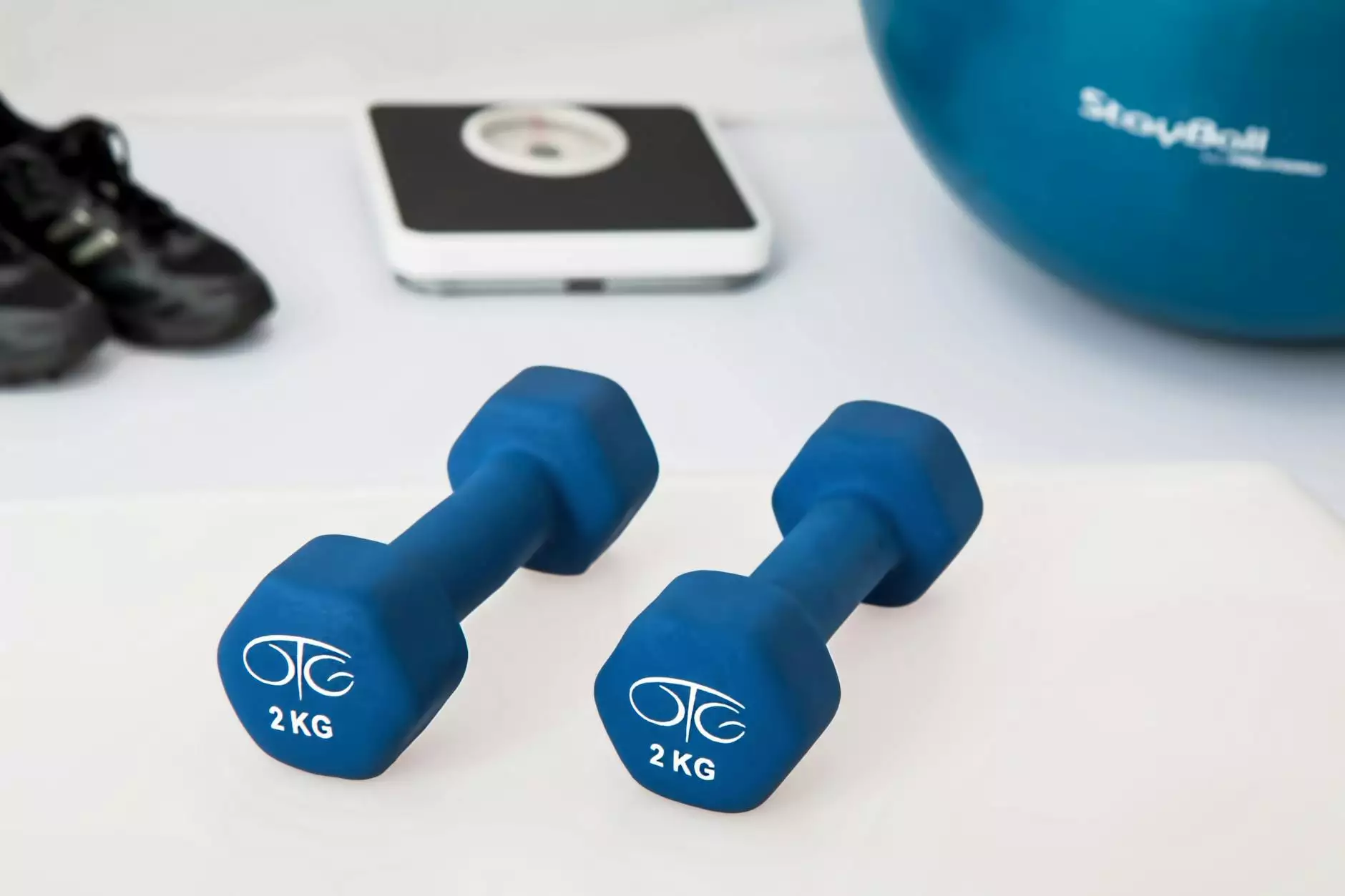Empowering Health: Your Guide to Pharmacy & Addiction Medicine

Understanding the Role of Pharmacy in Health Management
The pharmacy sector plays an essential role in healthcare, acting as a bridge between patients and effective treatment. Pharmacists are not merely dispensers of medications but important healthcare providers who can assist in improving patient outcomes.
The Functions of a Modern Pharmacy
Modern pharmacies offer a wide range of services that extend beyond the dispensation of medication. Here are some critical functions:
- Medication Dispensing: Ensuring accurate, safe, and effective delivery of pharmaceuticals.
- Patient Counseling: Providing essential information on medication usage, dosage, and potential side effects.
- Medication Management: Monitoring patient medication regimens to prevent drug interactions and enhance adherence.
- Health Screenings: Offering various health check-ups such as blood pressure, cholesterol, and diabetes screenings.
- Immunization Services: Administering vaccines to protect patients from preventable diseases.
Pharmacy Services for Patients
Every individual deserves to receive personalized care tailored to their unique health needs. Here’s how pharmacies can help:
Medication Therapy Management (MTM) sessions are invaluable for patients with chronic conditions. During these sessions, pharmacists review all medications, ensuring that they work synergistically to improve patient health. This can prevent additional complications caused by incompatible drugs.
Addiction Medicine: A Vital Component of Healthcare
Addiction medicine focuses on the treatment of individuals who struggle with substance use disorders. It is an area of medical practice that requires a profound understanding of addiction dynamics, effective treatment modalities, and compassionate patient care.
The Importance of Addiction Medicine
Addiction is a chronic disease that affects the structure and function of the brain. Those affected often experience a compulsive drive to seek and use substances despite harmful consequences. Recognizing addiction as a disease emphasizes the need for:
- Comprehensive Assessment: Every treatment must begin with a thorough evaluation to understand the nature and extent of the addiction.
- Integrated Treatment Approaches: Combining behavioral therapy, medication-assisted treatments, and support systems for optimal results.
- Relapse Prevention Strategies: These are critical for ensuring long-term recovery and reducing the chance of recurrence.
Medication in Addiction Treatment
The field of addiction medicine utilizes several medications to aid patients in managing withdrawal symptoms and preventing relapse. Here are some commonly used medications:
1. Buprenorphine
Buprenorphine is a partial opioid agonist used to treat opioid addiction. It helps reduce cravings and withdrawal symptoms without the full effects of stronger opioids.
2. Methadone
A long-acting opioid agonist, methadone is utilized in managed treatment plans for opioid dependency, providing relief from withdrawal while blocking the euphoric effects of other opioids.
3. Naltrexone
Naltrexone is an opioid antagonist used in the treatment of both opioid and alcohol dependence, effectively blocking the pleasurable effects of these substances.
Building Awareness and Understanding in Addiction Medicine
In order to diminish the stigma surrounding addiction, it is vital to enhance public understanding of the condition and advocate for compassionate care.
Educational Initiatives are paramount. These programs can be conducted in schools, community centers, and online platforms, aiming to educate the public about the realities of addiction and the importance of early intervention and treatment.
Resources Available Through Pharmacy and Addiction Medicine
Individuals seeking help can benefit from various resources provided by pharmacies and addiction treatment centers:
- Support Groups: Multiple organizations facilitate peer support groups for those recovering from addiction.
- Helplines: Many pharmacies and treatment centers offer helplines to provide immediate assistance and guide individuals through the recovery process.
- Referral Services: Pharmacists can connect patients with qualified addiction specialists for comprehensive care.
Conclusion: A Holistic Approach to Health
Combining the expertise of pharmacy with the compassionate care of addiction medicine results in a robust framework for tackling health challenges effectively. At https://alprazolam-xanax.com, we are committed to promoting awareness, delivering resources, and supporting individuals on their journey toward improved health and well-being.
Investing in the integration of pharmacy services and addiction medicine not only enhances patient care but also fosters a healthier community. Together, we can make a significant impact on the lives of those struggling with addiction, empowering them towards recovery and reinstating hope in their lives.









